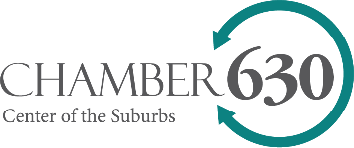Just two weeks after the Illinois House Republican Leader Jim Durkin (R – Western Springs) introduced a non-binding resolution (HR 975) opposing the implementation of the of a graduated income tax, House Speaker Michael Madigan (D – Chicago) introduced a counter resolution (HR 1098) yesterday supporting the implementation of a graduated income tax in Illinois. The dueling resolutions are signs that the battle and polarity of the two parties on the issue has commenced.
Illinois currently has a flat tax system, which taxes individuals at a flat rate of 4.95% and corporations at 7%. Any change to the current flat system would require an amendment to the Illinois Constitution. Amending the Constitution is not easy. Any change requires a three-fifths approval from both the House and Senate and then the voters would need to approve the measure in any upcoming election. It is also important to note that Constitutional amendment’s bypass the governor’s desk. A bill would also have to be approved in addition to the Constitutional amendment to establish the brackets and rates for a new tax structure.
Given the drop-dead deadline for any passage of a resolution amending the Constitution is next week (and given the House is not in session next week), it is difficult for the Democratic majority to run an attempt to implement a graduated income tax proposal this year. Therefore, the earliest we could see a graduated income tax system is on the 2020 ballot.
For the time being, the Speaker will run his non-binding resolution as a battle cry for the growing progressive constituency in which they represent. Next week in Chicago, the House Revenue and Finance Committee will hold a subject matter hearing on Madigan’s resolution in favor of a graduated income tax.
The two gubernatorial candidates for governor are at odds on the issue. Gov. Rauner is opposed to the idea as it would increase taxes on businesses and middle-class earners. Democratic nominee JB Pritzker has come out in favor of implementing a graduated rate (aka as a “progressive income tax”), saying the so-called rich need to “pay their fair share.”
Given the clock will run out on approving Constitutional amendments to the voters for this year and given that there are currently not enough votes in the House to approve a graduated income tax; these dueling resolutions set the stage for what appears to be a front burner issue in the race for governor. Expect to hear plenty about a graduated income tax over the next 2 years.
The Chamber is opposed to a graduated income tax and will be testifying in next week’s committee hearing in Chicago.
